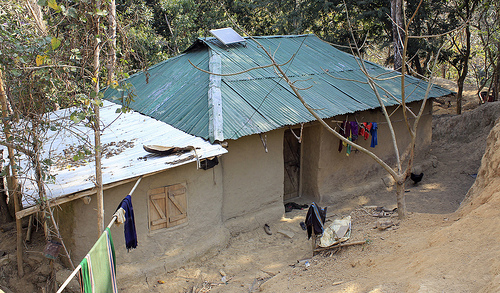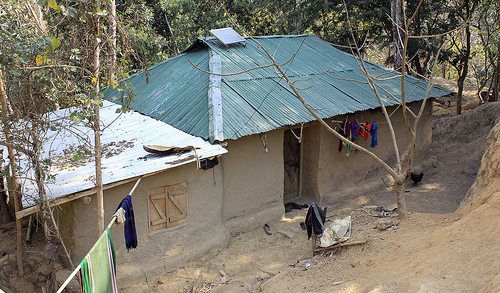
Less than half of Bangladeshis have access to electricity, which is essential for economic productivity and the kind of night-time illumination that allows kids to study after dark. (Hey, not everyone is as determined as Abe Lincoln.)
So the World Bank is spending to get solar-powered light systems installed where the (notoriously unreliable) electrical power grid of Bangladesh can't reach. So far 870,000 citizens have benefitted from the program, and the World Bank is putting $130 million more toward expanding it.
Even so, it's a drop in the bucket: the country of 150 million people aims to provide 10 percent of its electricity through renewables by 2020, and is also considering nuclear power.


